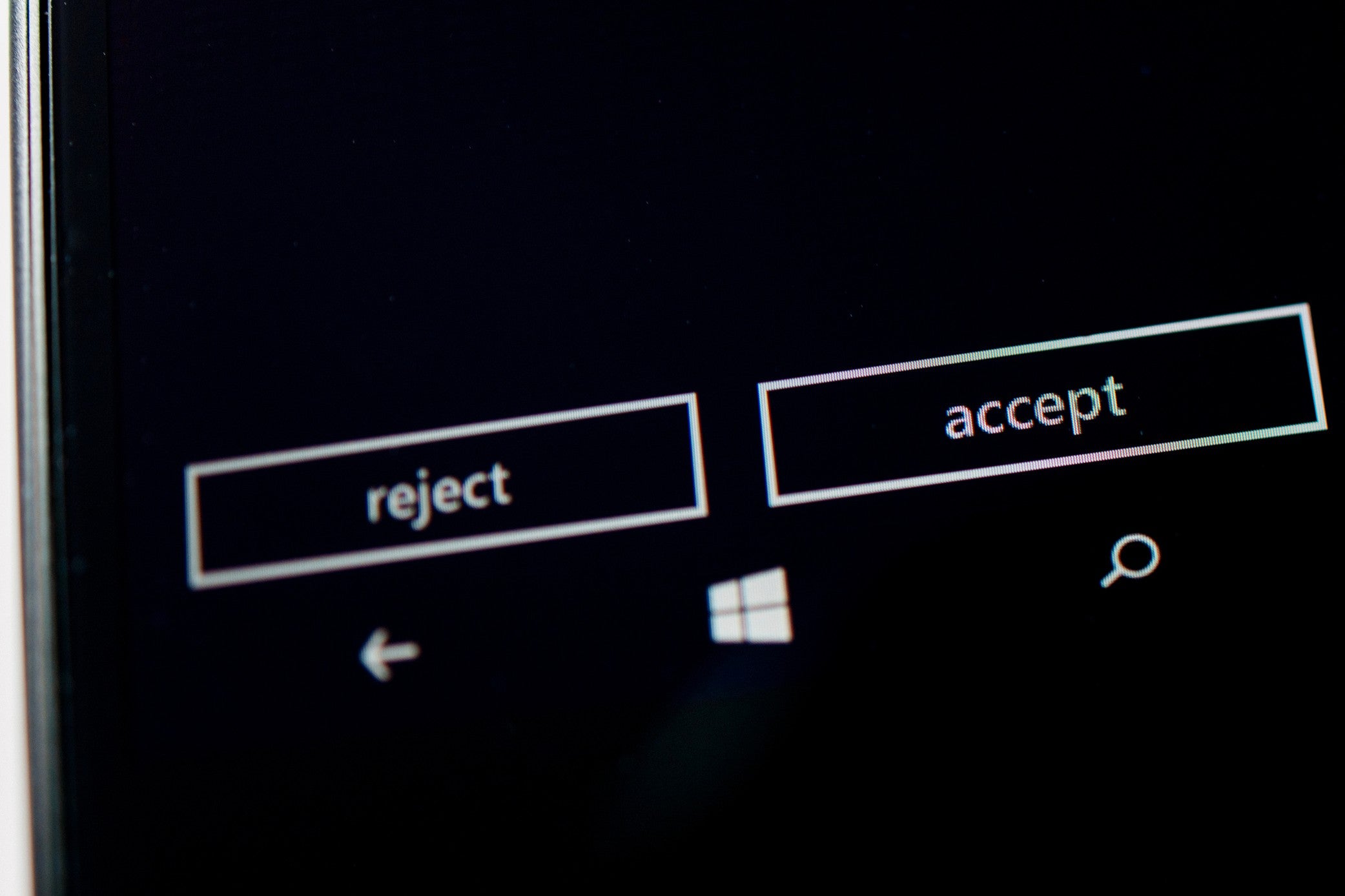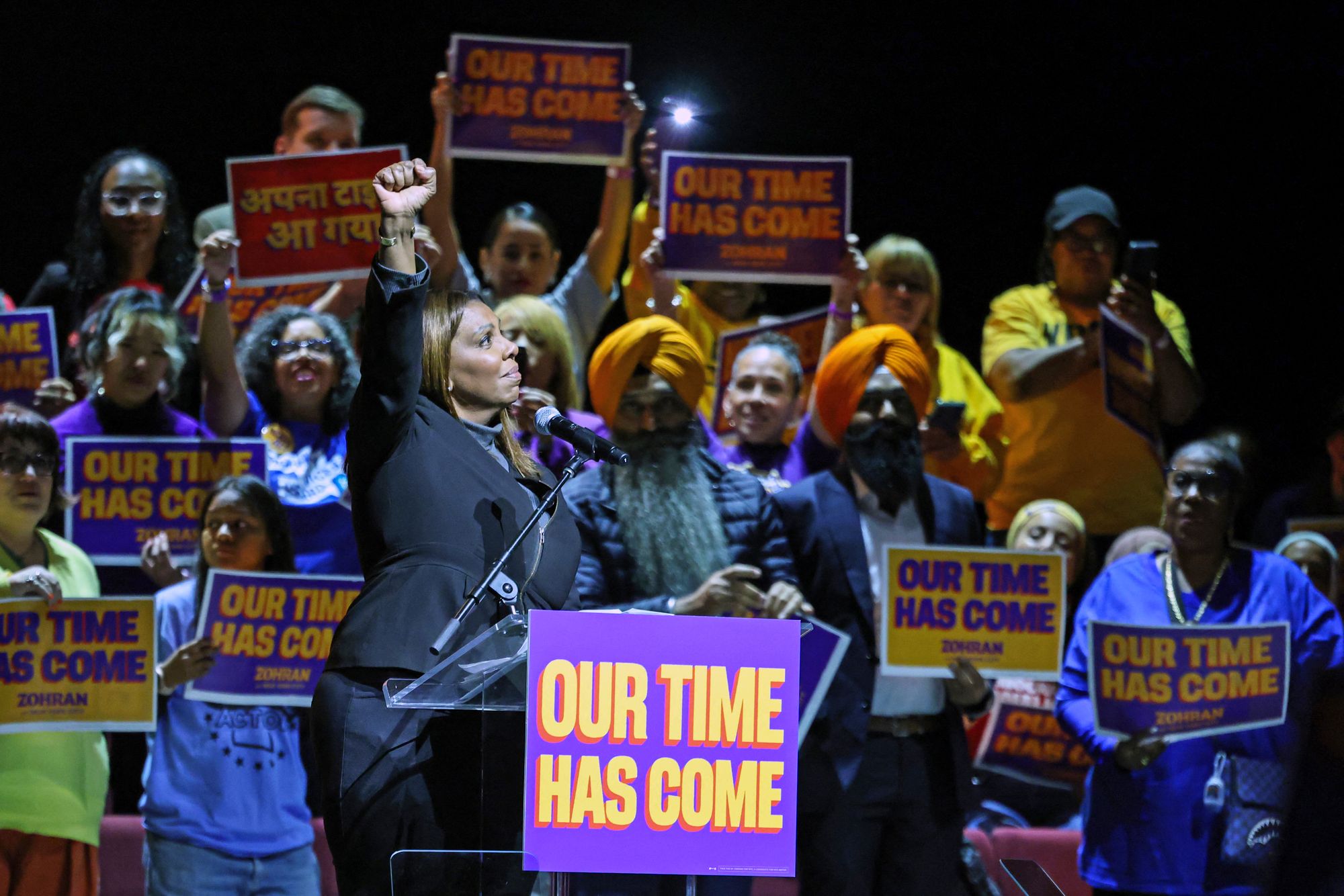Microsoft is ending support for one of the world’s most popular operating systems on Tuesday, leaving hundreds of millions of people exposed to cyber attacks and data theft.
From 14 October, Microsoft will no longer provide security and feature updates for Windows 10, despite just over 40 per cent of all Windows users still running the software.
An estimated 5 million people in the UK still use laptops and PCs that run Windows 10, with a recent survey by consumer group Which? suggesting that a quarter of those intend to keep using it after the deadline passes.
Whether Windows 10 users are upgrading or not, security experts have advised them to create a full backup of their data in the event of either a cyber attack, or an issue with their systems upgrade.
Any devices that continue to run Windows 10 after the deadline passes will also likely experience decreased functionality and see their performance degrade.

Cyber security advisor Matt Balderstone, who works at IT platform CyberArk, warned of the “urgent” need to upgrade any systems still running Windows 10 – or else risk they risk repeating devastating incidents from the past like the WannaCry attack that targeted the NHS.
“Once Windows 10 reaches end-of-life, the absence of security updates will leave millions of machines exposed to future vulnerabilities that will never be patched, creating the prime conditions for attackers to exploit legacy systems,” he told The Independent.
“In an era of unprecedented cyber risk, with new cyberattacks targeting businesses every day, one Windows 10 machine is now too many. It’s crucial that consumers and businesses work to update their systems by the deadline to avoid exposing their operations to security risks.”
People with devices that are eligible can upgrade to Windows 11 for free, or else sign up to Microsoft’s Extended Security Updates (ESU) program.
Anyone who has not upgraded by the 14 October deadline, or enrolled in ESU, should be particularly weary of suspicious phone calls, emails and pop-ups, experts warned.
“End of support is not the end of the world, but it is the end of free safety nets,” said Luis Corrons, a security expert at cyber defence firm Avast.
“Attackers know that, which is why unpatched Windows and driver bugs become long-lived entry points. It is also an opportunity for scammers. People may see fake pop-ups, upgrade offers or even get phone calls pretending to be from Microsoft.”

.jpeg)























.jpeg)












 English (US) ·
English (US) ·